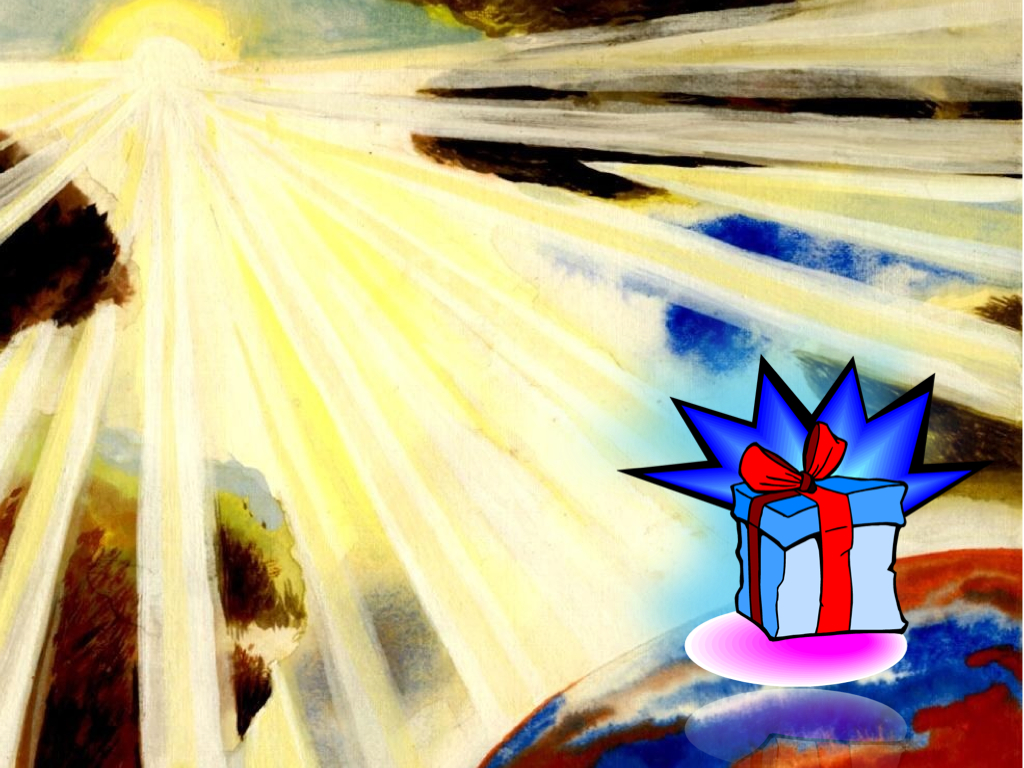
The arguments that Orthodox Rabbinic Jewish scholars make attempting to disprove Yeshua’s divinity and Messiahship may appear clever and convincing on the surface, but upon closer examination they prove to be false and are easily refuted.
When one looks through the smoke and mirrors of human deceit, one will see that these Jewish antimissionary arguments are patently false and demonstrate a major degree of spiritual blindness. At the very least, they reveal a dishonesty and disingenuousness on the part of their proponents, and at the most, a gross lack of understanding of the Scriptures. This is because a spirit of blindness has fallen upon rabbinic Jews as the Bible states (Rom 11:25)
To the naive, uninformed, misinformed and those who are either neophytes in their understanding of the Scriptures, or who have lost their first love of Yeshua and have fallen away from him spiritually, the antimessiah arguments of the rabbinic Jews seem compelling and convincing. Yet, upon careful examinations, all of their arguments have only a thin veneer of truth. Upon closer examination, it is easily proven that they do not line up with the WHOLE truth of the Bible, nor do they, in many cases, even line up with what their own pre-Christian Jewish sages taught and believed about the Messiah and the messianic prophecies of the Hebrew Scriptures.
Sadly, I have found that these blind unbelieving Jewish guides prey upon weak or disillusioned Christians who don’t know their Scriptures. They are able to draw many lukewarm and deceived Christians into apostasy, even causing them to renounce their faith in Yeshua the Messiah, the Son of Elohim and who is Elohim incarnate (John 1:1, 14). This is tragic!
Below are some of the most common antimessiah arguments that rabbinic Jews make in order to disprove the validity of the gospel message and faith in Yeshua the Messiah. My answers are short and to the point. A whole article could be written answering each point. At the end of this brief study, I offer additional resources for those who want more information.
Rabbinic antimessiah statement: Elohim, the God of the Bible is one (Hebrew echad), not a Father, Son and Holy Spirit. The Bible teaches the idea of monotheism, not polytheism as Christianity teaches in the doctrine of the trinity.
Response: The word echad in Hebrew means “a compound unity—or one thing that is comprised of several units that together make up the unified whole (like a bunch of grapes).” The hidden reality is that many rabbinic Jews believe that Elohim is composed of ten component parts as pictured by the mystical sephirotic tree.
Rabbinic antimessiah statement: Countless times the Hebrew Scriptures (Old Testament or Tankah) declare: “I am HaShem (YHVH or the LORD) your God (Elohim), outside of me there is no other!” Everything you pray to other than him becomes a god or idol before HaShem (YHVH). HaShem forbids praying to anyone but Him!
Reponse: Actually, this isn’t a quote from the Torah, but from Isaiah. The Tanakh or OT actually teaches that there are two YHVH’s, not one—the Father and the Son. Moreover, Continue reading




